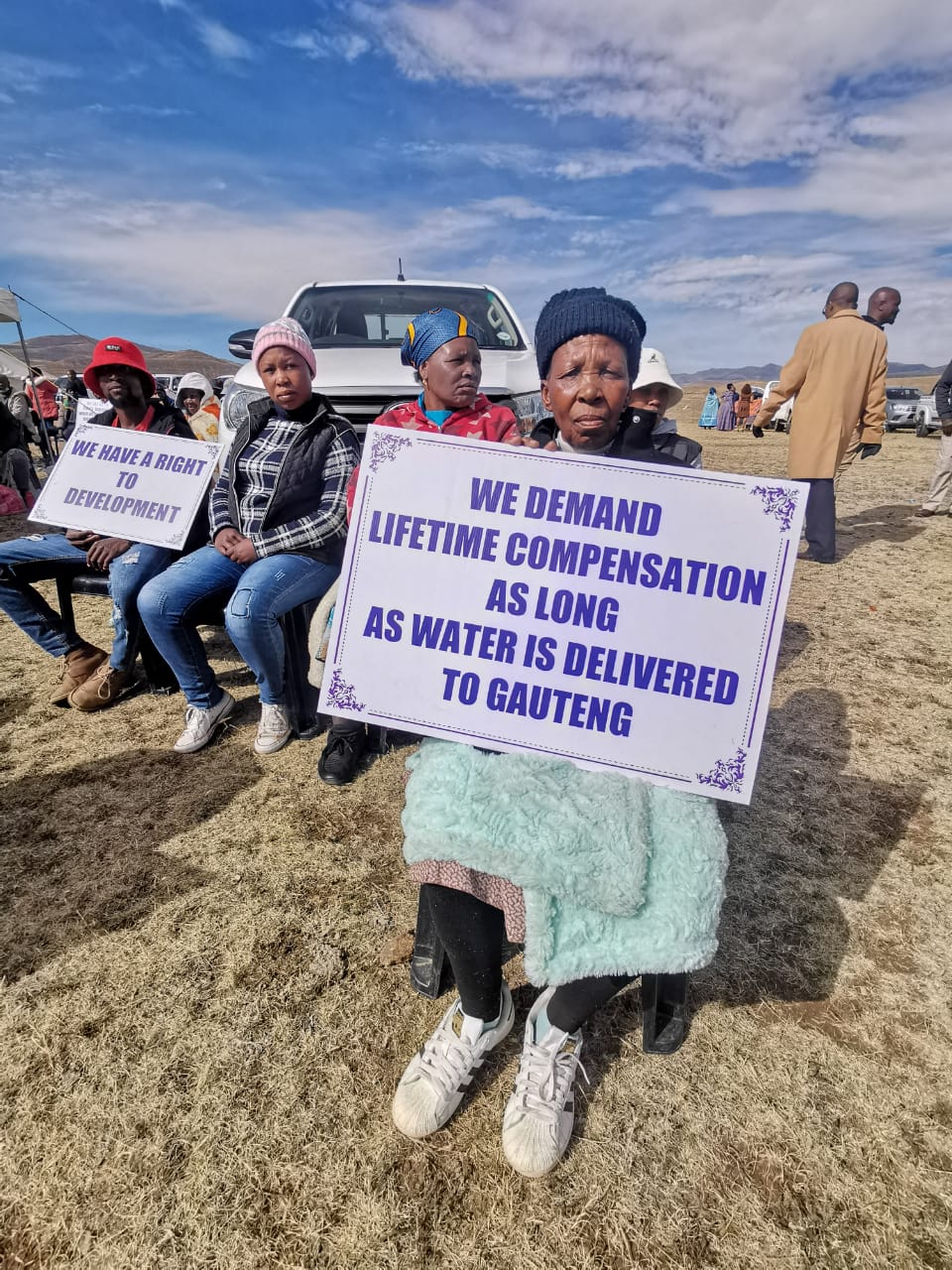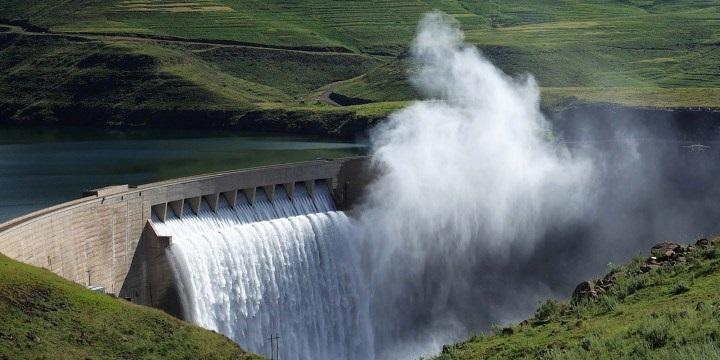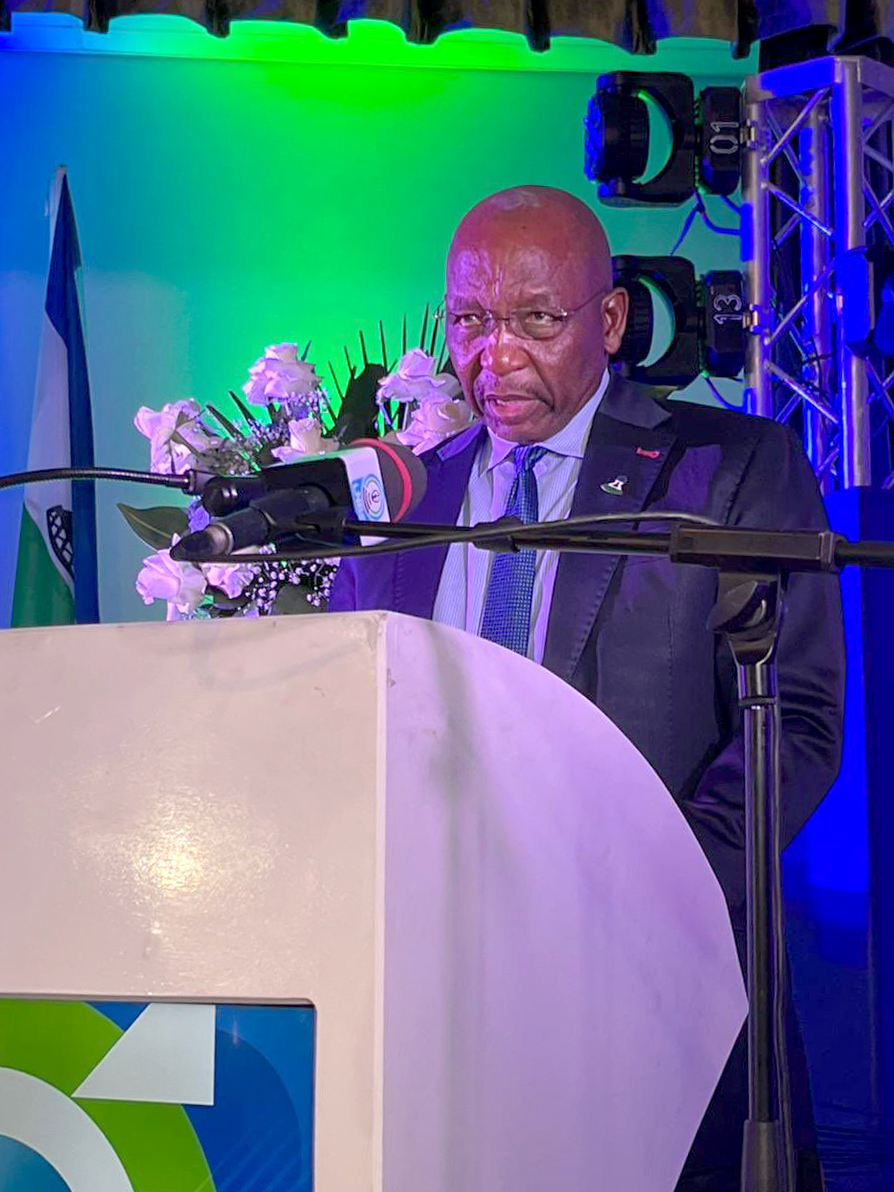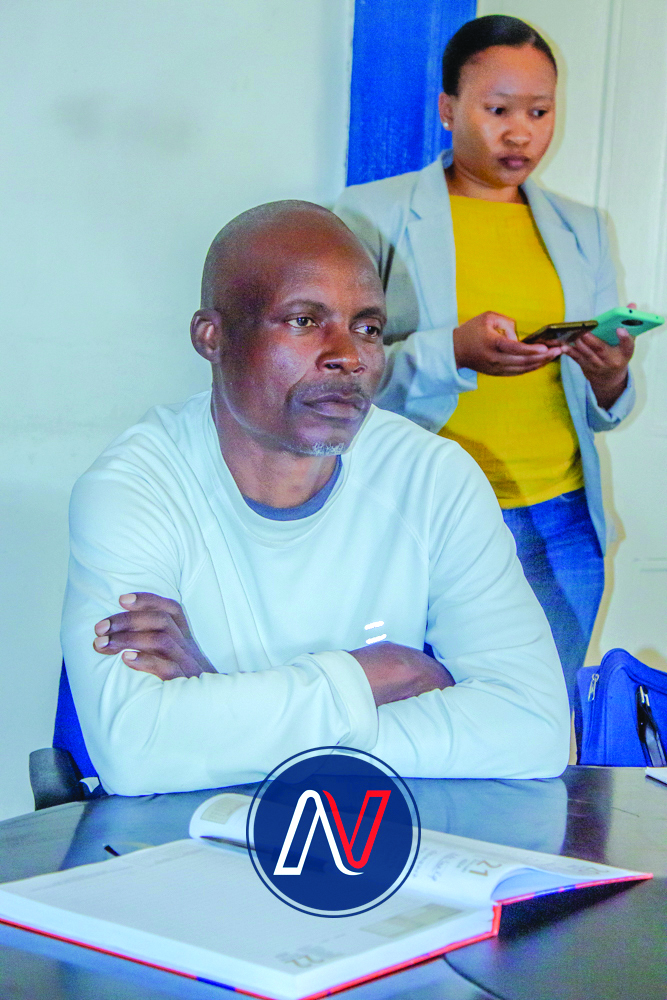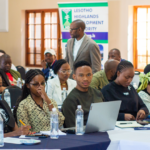Staff Reporter
The Polihali Dam community grievances are beyond compensation rates, according to Seinoli Legal Centre.
“It is how the implementation process is handled by the LHDA,†Seinoli Programme Lawyer, Advocate Lepeli Moeketsi, told Newsday this week.
“They do not adequately consult with the affected communities and that leads to the eruption of protests and the communities use their advocacy strategies to have their grievances addressed.â€
Moeketsi explained that while compensation rates were a fraction of a litany of issues they were dissatisfied with, the biggest issue was the lack of knowledge.
“Communities are often left frustrated because information flow is not transparent on the side of the Authority. When we look at the current compensation process being implemented, LHDA fails to make it known that they implement their compensation using phases, and lack of that knowledge has led to protests by those feeling left out.â€
Moketsi further pointed out that while some affected land had been compensated, there was still an outcry by some members of the communities relating to affected land that had not yet been compensated.
“According to the 2010 Land Act, before any land is affected by a developmental project, there is a need for an agreement with the land owner regarding compensation. That legal provision is one step that was not performed adequately and uniformly by the Authority. I say this because, regardless of the progress made, we have a portion of community members who are crying foul saying their land was affected at one point of the project implementation, but have not been compensated, thus in our view the land acquisition procedure was wrong,†Moeketsi said noting that more complaints arose from the compensation rates which community members say the LHDA gave them a raw deal.
“They say what they have received compared to what they produced from the same land is not economically balanced, thus the affected land and the compensation policy rates are not in line with the market value based on what it produced.
“The compensation rates may be explained as levelled with the market value, but that is not a true reflection when we look at the produce that benefitted the very same communities.
“The ‘market value rates’ used are not catered for in the law, and the rates were designed by the LHDA in their compensation policy without consulting the communities. We however know that they consulted the ministries of Agriculture, but that was not enough,†Moeketsi said.
He indicated that through intensified capacitation on laws and rights, the communities moved to force a communication channel with the authority during the sod-turning ceremony of the Polihali Dam last month.
“…a week later we were invited to the table to speak about pertinent issues that remain unsettled. We trust that the next step will be a public call where the Authority and the communities meet to iron out issues,†he said noting that although there were Area Liason Committees operational in communities, “some have since been demolished and the LHDA is now communicating directly with community leaders, while on committees that still exist, they are highly weakened and communities had lost hope in existenceâ€.
“We then introduced Human Rights Defenders who are very vocal and active. The HRDs don’t replace the LHDA established committees, but they look at the human rights issues,†Moeketsi said.
He indicated that there is a pending issue of Livelihood restorations, both individual and communal restorations.
“We have requested livelihood restoration policy from the Authority to no avail, however, we have seen that they have a plan, but there were never community consultations done. Whatever projects that they may have implemented have been office tailored without the input of the communities,†he said.
He stressed that the project was not all bad.
“What is bad is how it is being implemented. The process does not respect the rights of the affected communities, the right to development and their right to meaningful engagement on issues that directly and indirectly affect the communities.
“If the communication between the authority and community can be more transparent and their interaction be more honest on issues and the impacts of the project to the communities, then the phase of the project will be all great,†he said.
LHDA clarifies the compensation process
In an interview with Newsday, LHDA Public Relations Manager, Mpho Brown, indicated that individuals/households are compensated for all assets acquired by the project:Â fruit trees, fields, medicinal plants, thickets, business premises, homesteads etc.
“Compensation rates are determined for each asset class. The rates ascribed to each asset class are a product of a long consultative process between the Government of Lesotho’s relevant authorities in that asset class, the LHDA and the communities,†he said indicating that communities were involved in the determination of rates.
“These rates are governed by legal instruments of the Lesotho Government, the most recent of which are the LHWP Regulations updates gazetted in 2017.â€
Brown noted that the LHWP Phase II consultations on compensation options for affected households have largely been completed, and the LHDA has implemented alternative strategies to address compensation delays.
Brown stressed that in cases where the Project needs to access people’s properties before payment has been issued, the LHDA consults the specific owners of the affected properties and an agreement is reached with them allowing the LHDA access to the land whilst payment is being expedited.
“This has been a crucial part of misinformation in recent reports where allegations claim that the project confiscates community assets without payment or regard for the owners, which is factually incorrect. LHDA is pleased with the significant progress made in compensation payments for assets affected by the advance infrastructure projects. Payments have also commenced for assets affected by the Senqu, the Polihali Dam and Polihali Transfer Tunnel, preliminary works,†he said adding that compensation is an ongoing process and does not happen simultaneously for all affected households overnight.
Brown noted that “the comprehensive consultation process that takes place with affected communities and households to determine the value of assets, register and eventually approve compensation amounts, is thorough and rigorous, and we believe that in many cases, the agreements reached are equitable.â€
He added, “Important to note also is that all asset compensation rates and values are escalated every year by the applicable consumer price index to ensure that agreed-upon compensation amounts and assets do not lose real value over time.â€
He pointed out that the element of the length of the compensation period is contentious in public discourse now, however, “from consultation with both affected parties and governing authorities in the past, this period was deemed a sufficient period for project affected households, through the support of the LHWP’s livelihoods restoration and improvement programmes, to have built up, and operationalised successfully, other, alternative methods of livelihoods.â€
“There are, admittedly challenging debates to be had on this issue and the LHDA continues to engage and absorb insight and feedback on the matter.â€
Brown stressed that the Authority and communities have platforms where grievances are raised, heard and solved.
“The LHDA has established Area Liaison Committees (ALC) in all project areas in consultation with the communities, and they include representation from both the project, community leadership, and community representatives elected by the communities themselves, and these structures serve to improve community participation in project activities, ensure an ongoing forum for issue identification and resolution, receiving and managing complaints, and ensuring accountability of the project to the needs of the community and vice versa,†he explained adding that the Authority has established a project complaints management system for filing complaints.
“The system closely monitors the management process to ensure that consultants and contractors effectively manage specific complaints relating to their work and people are given feedback. Every step of the process is documented and recorded.â€

Your Trusted Source for News and Insights in Lesotho!
At Newsday Media, we are passionate about delivering accurate, timely, and engaging news and multimedia content to our diverse audience. Founded with the vision of revolutionizing the media landscape in Lesotho, we have grown into a leading hybrid media company that blends traditional journalism with innovative digital platforms.


